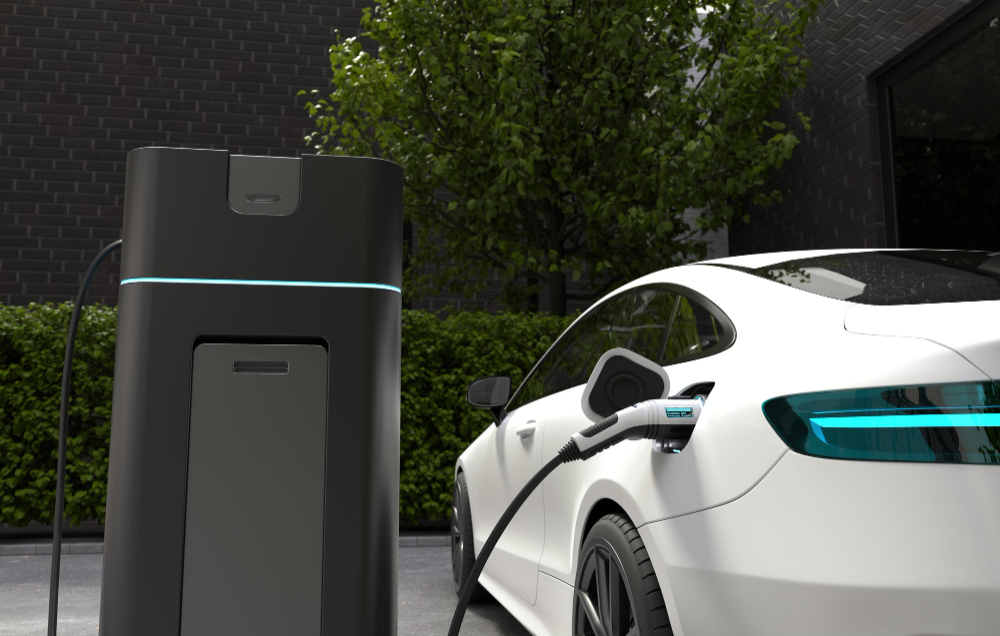Electric vehicles play a vital role in advancing sustainable mobility solutions and reducing our reliance on fossil fuels. Here’s how EVs contribute to a more sustainable transportation ecosystem:
- Urban Air Quality: Electric vehicles produce zero tailpipe emissions, making them ideal for urban environments where air pollution is a significant concern. By replacing gasoline-powered vehicles with EVs, we can improve air quality, reduce respiratory illnesses, and create healthier communities.
- Noise Pollution Reduction: In addition to reducing air pollution, electric vehicles also help mitigate noise pollution. With quieter operation than internal combustion engine vehicles, EVs contribute to quieter, more peaceful urban environments, enhancing the quality of life for residents and reducing noise-related stress.
- Integration with Renewable Energy: Electric vehicles can be charged using clean, renewable energy sources such as solar and wind power. By leveraging renewable energy for transportation, we can reduce greenhouse gas emissions, decrease reliance on fossil fuels, and accelerate the transition to a sustainable energy future.
- Public Transit and Shared Mobility: Electric vehicles are well-suited for public transit and shared mobility services, offering efficient and cost-effective transportation options for urban commuters. By electrifying public transit fleets and ridesharing services, we can expand access to sustainable transportation and reduce traffic congestion in cities.
By embracing electric vehicles as part of a holistic approach to sustainable mobility, we can create greener, healthier, and more livable communities for everyone.

